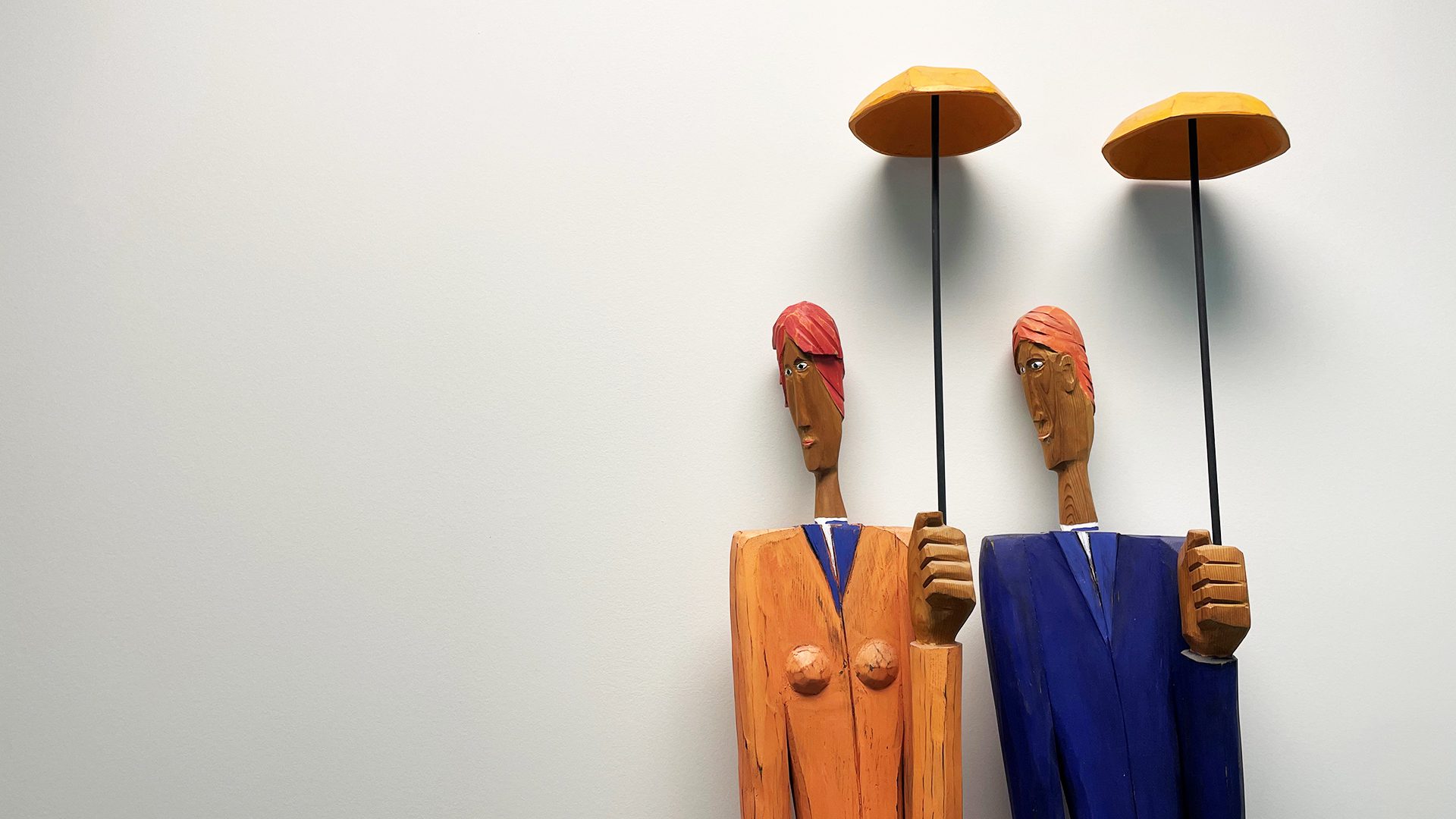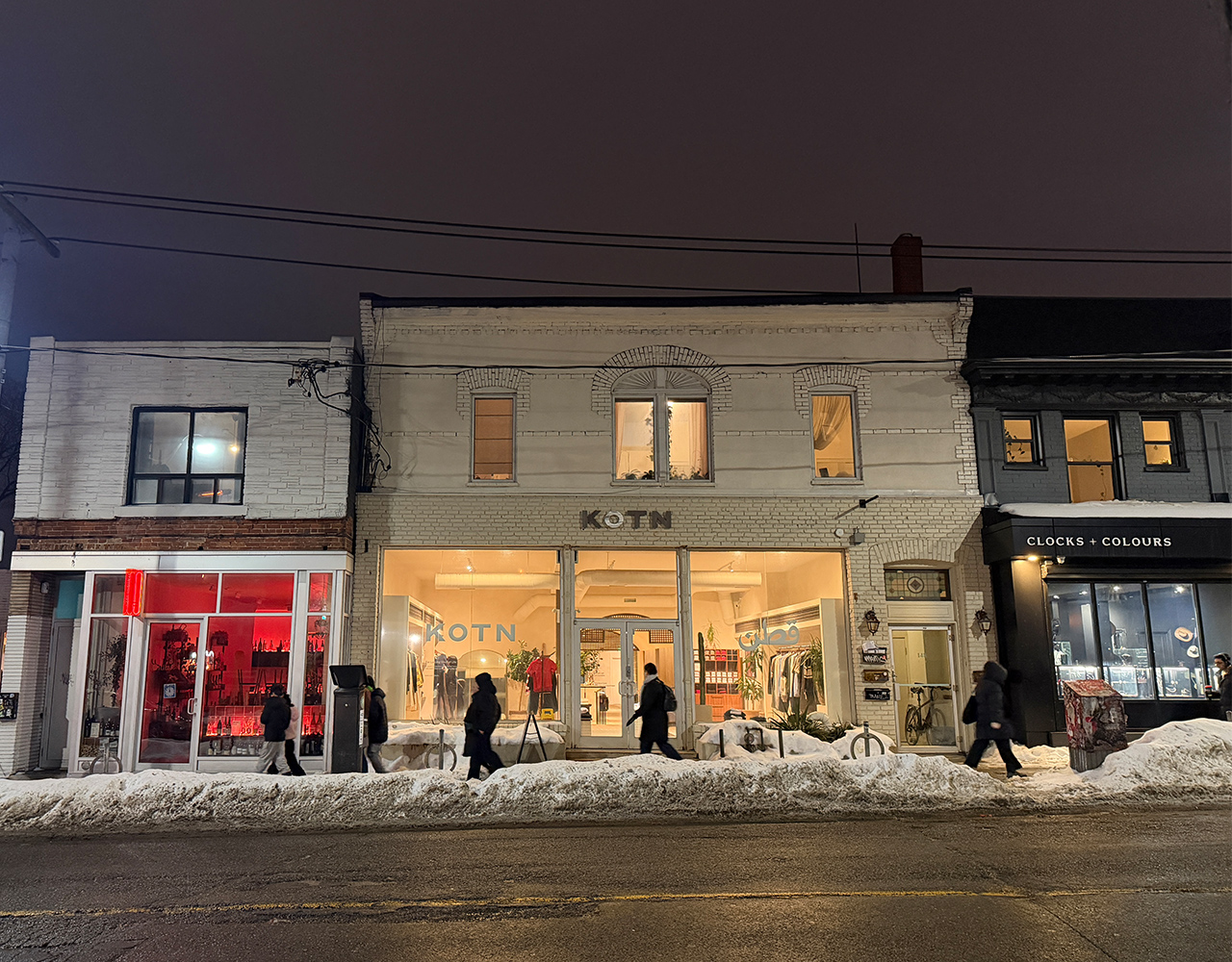Letting People do What They Do Best

Posted on: Wednesday Apr 27th 2022
Article by: Barry Watson
ARTICLE
BY
Barry Watson
Over decades of gathering and analyzing social values trend data, we’ve consistently found that individual autonomy and empowerment are at the heart of satisfaction. When people have the freedom and flexibility to express themselves and exercise their judgement – whether at work or in other areas of life – they tend to find more meaning in what they’re doing and often they achieve better results.
These concepts often come up in our work with clients. For example, governments developing policy initiatives or businesses designing customer service environments. How do you create tools and experiences that give people the right balance of choice and freedom on one hand, and support and guidance on the other?
But in addition to being important themes in our client work, autonomy and empowerment have also become more and more central to how we run our own company. They’ve always been part of the culture at Environics, but as our team has grown and our culture has evolved, the idea of autonomy has become a more conscious and explicit aspect of how we operate.
I was recently speaking to one of our VPs, who’s been with Environics for almost 20 years. I mentioned that we’ve had a flexible work environment for the last five years. She gave me a puzzled look and said, “I thought we’d always been flexible.” I realized that I’d been thinking of our work-from-home policy, which is five years old. She was thinking not of a policy but of the practical realities she’d experienced over time at Environics. We’ve had people working remotely, including in other cities, since the late 1990s. This is a long-standing part of our culture that was only named and formalized much later.
Letting people work from home might seem like workaday practical decision (one that many firms are reckoning with now) – but it connects back to bedrock issues like trust and control, which are rooted in people’s values and identities. Traditional office environments were designed so companies could control employees. Managers needed to see that everyone was working as hard as organizations expected, and be able to dole out rewards and punishments to keep everyone on track. This mechanistic approach to managing performance doesn’t fail automatically or immediately, but, especially in creative fields, it can create limits and deficits that might not be obvious right away.
When an employee’s need for autonomy and control is embraced, and they’re empowered to do what is right for their client and their company according to their own judgment, the meaning of an office changes and the level of engagement increases.
In my experience, when we work this way people find it worth their while to bring more of themselves to work – and that ultimately has benefits for productivity, creativity, relationships and culture.
Not everyone wants to work this way. Some people do feel more comfortable when there are more fixed parameters. But in an environment like Environics, where we work to help clients interpret social change, dealing with some complexity and uncertainty tend to be part of the job – at least in most areas of the company. So the kinds of people who want to work with us tend to be adaptive navigators who respond very well to opportunities to chart their own course within a flexible framework that they can help to define.
At one point, I was thinking about people who had left the company and why. I wanted to consider whether we were doing something wrong that we should try to fix. As I reflected, I realized that in a lot of cases, people had left to pursue some dream totally outside of our field. They didn’t leave to join a competitor – they left to join the circus, say, or become a chef or psychotherapist.
To me, the headline in those cases isn’t that we lost those people, it’s that we attracted them in the first place. These are people who have a lot of scope in terms of how they think about their work. They want to have interesting, fulfilling experiences and maybe even exercise a range of choices that’s broader than average. If we can create an atmosphere where people with that level of versatility and creativity can thrive professionally over a period of years – making valuable contributions alongside career researchers who stay with us for 5, 10, 20 years, as many do – to me that suggests we’re succeeding in making room for many different kinds of strengths. And I think that ultimately benefits our clients and our company over the long term.
Just as society changes over time, our own culture within Environics also evolves. Our team is certainly a non-random sample: organizations attract distinct groups of people according to what they do and how they operate. But change in our company culture unfolds in a way that’s similar to social change in general. When new people join us, they bring new ways of seeing the world. These new perspectives help to evolve our collective outlook. The ideal is to make room for these new perspectives while continuing to value the experiences and insights of those who have years or decades of experience with the company. When we strike the right balance, we nurture a combination of new and established approaches, enabling us to build on our strengths while remaining attuned to socio-cultural changes that we work to help our clients understand and navigate.
Tags:
More Articles

Research
From the Open Banking Stage to the Future of Financial AI
03/03/26
Bernice Cheung

Industry Trends
When Immigration Funding Shrinks, Smaller Communities Feel It Differently
02/25/26
Maysa Husseini

Industry Trends
Humble Brands, Strong Values, Real Loyalty
02/17/26
Barry Watson

